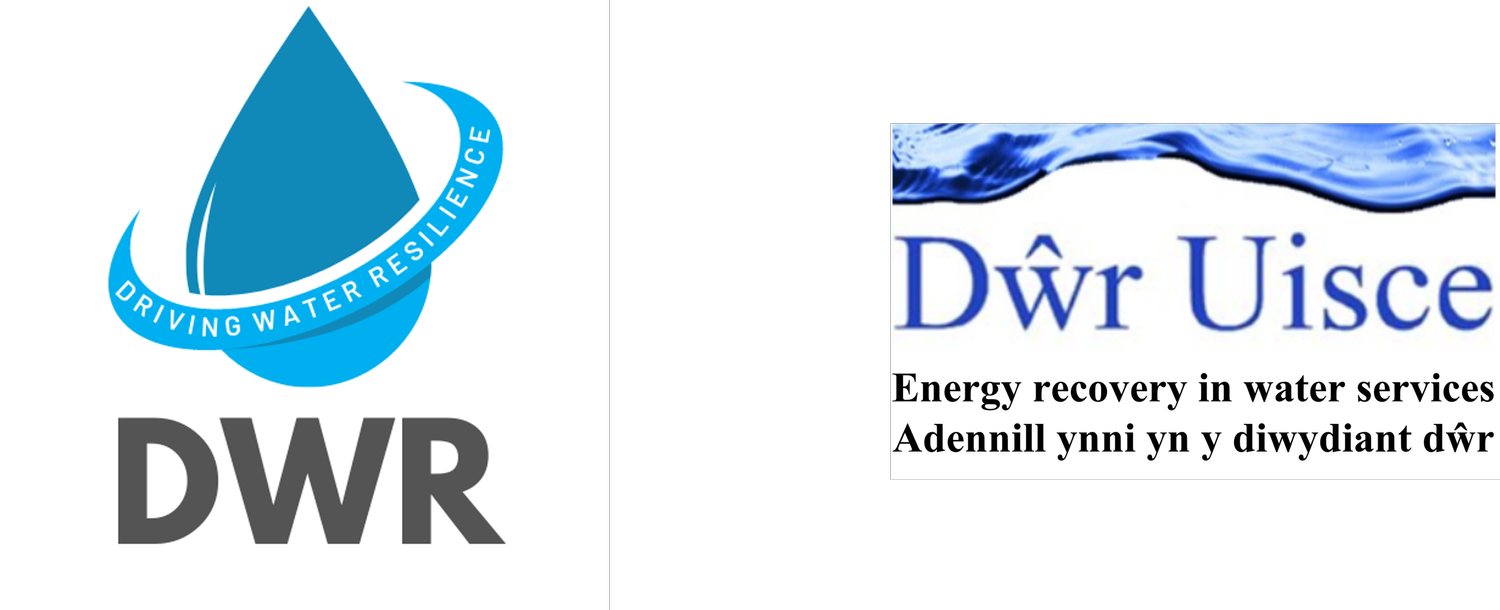Previous work: Arbikie Distillery carbon and water footprint
Completed by Dr Isabel Schestak
Distilleries are large energy and water consumers, requiring water especially for cooling of distillations and energy for heating the stills to boiling temperature. It can take around 100 L of water to make 1 L of alcohol, depending on process parameters. In Scotland, for instance, distilleries abstract 70% of the water licensed for direct abstractions across all industrial and commercial users, of which 80% is used for cooling (SEPA, 2019).
Our case study with the Arbikie distillery in Scotland assessed where water and energy is consumed in the distillery itself but also across the whole life cycle of their whisky, from the cultivation of barley to the use of their by-products. The analysis provided a holistic picture of the water and energy consumption, including the resulting water and carbon footprint. Most importantly, strategies were elaborated to increase their water and energy efficiency. We found that through re-routing of the cooling water and heat recovery, the heating fuel consumption could be reduced by 10-25%, electricity use by 11-13% and water abstraction by up to 45%. Further, their carbon footprint could be decreased by up to 23%. A financial assessment revealed that capital investment costs for the heat recovery system could be paid back in under two years, even at the lower energy prices considered in 2021 compared to now. Another measure indirectly reducing their footprint is through the replacement of imported soybean and domestic barley through the use of the by-products as animal feed. This would offset up to 47% of their water scarcity footprint and 32% of their carbon footprint of alcohol production – providing higher offsets than through the replacement of fossil energy when by-products would be used for bioenergy generation.
Water-energy carbon footprint
Discover more about the service we offer in relation to water-energy carbon footprint of industrial processes.








